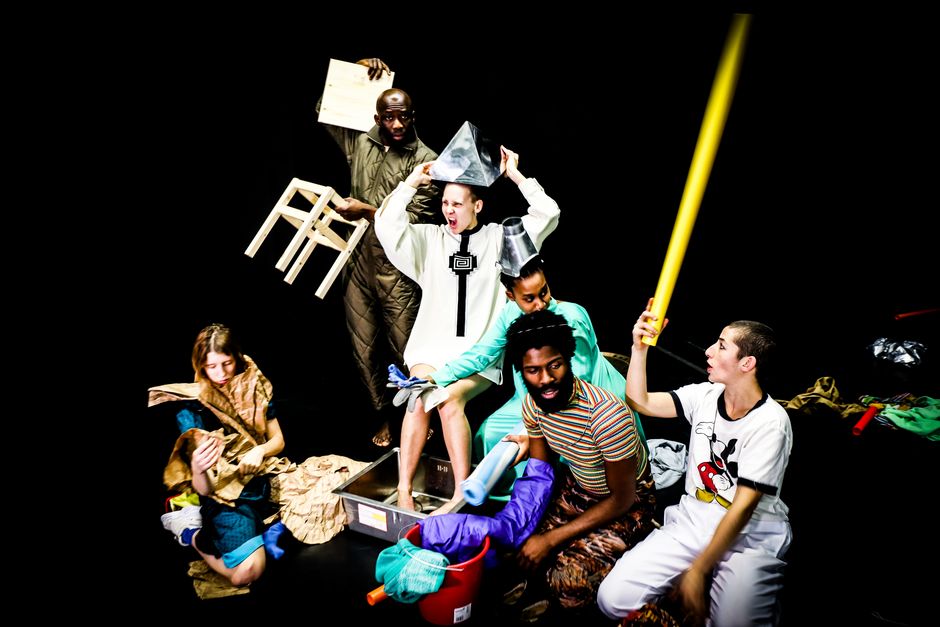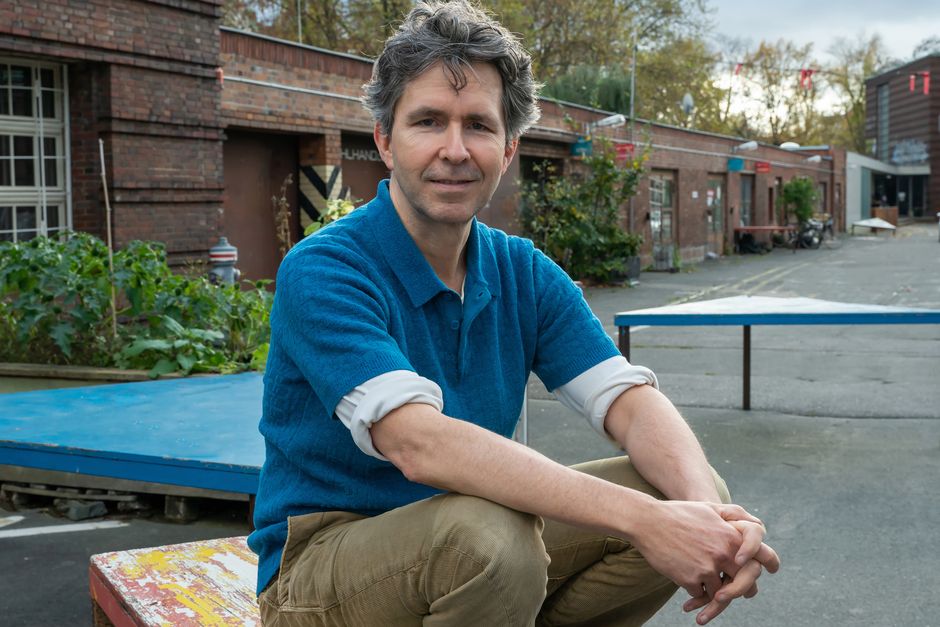A model of success at risk
15 years of innovative study at HZT Berlin
Dear Readers,
What you are reading here - can this be considered a celebratory publication issue? We certainly have enough reasons to celebrate – after all, the Inter-University Centre for Dance Berlin (HZT) can look back at an extraordinary success story during the 15 years since its foundation. However, I’m afraid I have to disappoint you. This is not a festive anniversary issue, because the situation is rather serious. The continuation of this extraordinary university project is in danger if, due to a lack of political will, we fail to compensate for urgently needed resources and stabilise the structures of the University Centre. We need your attention so that we can succeed in preventing this from ending in defeat. Read more about the HZT on the following pages.
What is at stake? Since its foundation, the HZT has actively influenced the local and international dance scene. It is thanks to the great dedication of the teaching staff, students and team at the HZT, as well as the strategic aptitude of its supporting universities, the Berlin University of the Arts und the Ernst Busch University of Performing Arts, that we have managed to establish a successful and internationally leading educational institute for dance, choreography and performance like the HZT in Berlin.
The HZT has a unique cooperation partner in TanzRaumBerlin Network. Both the HZT and its students profit from this close professional engagement with praxis and networking – not least thanks to the inspiring encounters on the HZT Campus at Uferstudios in Wedding, where students and teachers work right next door to artists and organisations from the independent dance scene. The HZT cooperation work and the projects of our graduates contribute a great deal to the Network and to Berlin – as a dance metropolis – gaining strength and visibility. With its strong foundations at two universities in cooperation with the TanzRaumBerlin Network, the HZT is recognised as a highly innovative and inspiring model.
Around 80 artists study at the HZT, offering three degree courses at bachelor’s and master’s level. Internationally renowned artists and theorists teach at the Centre, without whom the high quality of teaching as well as the many cooperations with local and international partners would not be possible. Thanks to their expertise and research focuses, the teaching staff at the HZT stimulate the negotiation of body-based art praxis with topics such as war, climate change, disability arts or urban development.
However, the Centre now faces the risk of losing its teachers, as it is unable to offer sufficiently adequate conditions in both teaching and research in comparison to other national and European institutions. This is all the more painful when one considers that more than 95 percent of HZT graduates work in artistic sectors permanently and globally – a significantly high quota for an artistic programme of study.
The HZT’s success story is not something we can take for granted. The HZT now needs substantial structural consolidation and courageous political decisions that make it possible to further develop the Centre’s work. At the present time, the HZT is faced with considerable challenges. A comparative analysis with other university programmes for dance and choreography as well as internal evaluations have not only verified great successes, but also revealed serious structural deficiencies in the staffing, which jeopardise what has been achieved.
It is now vital that what has been achieved with and at the HZT be maintained and developed further. The management of the HZT and its supporting universities, the Berlin University of the Arts und the Ernst Busch University of Performing Arts, will do everything in their power at the upcoming Berlin higher education (contract) negotiations to make up for the lacking resources that are urgently needed to make a stable continuation of the HZT Berlin’s unique success story possible.
Every form of support is welcome – the HZT now needs you more than ever.
Prof. Nik Haffner, Artistic Director HZT Berlin

